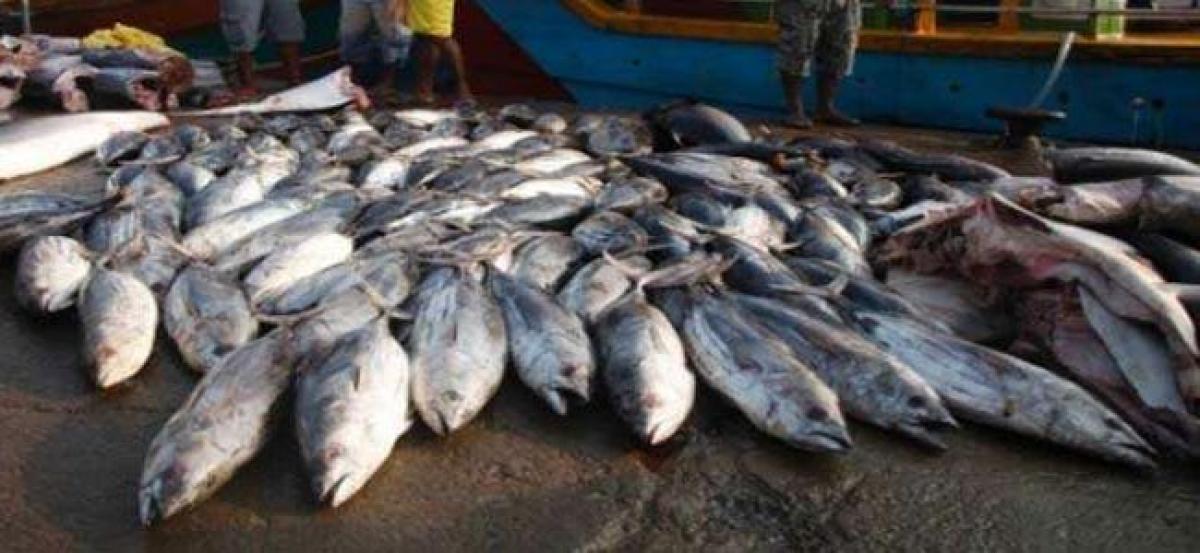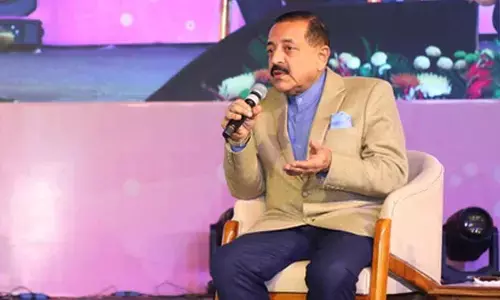Indian fisheries sector status report Submitted

The largest fisheries research body in the country, Central Marine Fisheries Research Institute (CMFRI), has submitted the Country Status
Kochi: The largest fisheries research body in the country, Central Marine Fisheries Research Institute (CMFRI), has submitted the Country Status Report (CSR) on the impact of climate change on coastal fisheries and aquaculture sector in India.
Speaking to IANS, a CMFRI official said the report was presented at a meeting between Saarc Agriculture Centre (SAC) and representatives from the Saarc nations during a video conference convened by the SAC, which took place last week.
The three-member team was headed by CMFRI Director A. Gopalakrishnan, which represented India at the video conference.
"The representatives from the fisheries sector of all Saarc nations except Sri Lanka attended the video conference," he said.
The CMFRI functions under the Indian Council of Agricultural Research (ICAR).
The video conference was part of the Dhaka-headquartered SAC's initiative to assess the impact of climate change in the agricultural sector of the Saarc member countries, said the official.
The status report included the details of issues and challenges arising from climate change in the coastal fisheries and aquaculture sector in India.
"During the conference through Skype, the members representing fisheries and aquaculture sector of the Saarc member countries reviewed the remedial steps to be taken to mitigate the impact of climate change on fisheries and aquaculture and finalised a set of recommendations to be followed by the member countries in future.
"In the recommendations, the meeting prioritised developing collaborative and comprehensive efforts to address climate vulnerabilities and commissioning of a Saarc-level task force to formulate strategies to mitigate climate change impact," added the official.
The recommendations included conducting awareness programmes on reducing greenhouse gas emissions and expansion of open sea-cage farming and pen culture in the coastal water bodies.

















